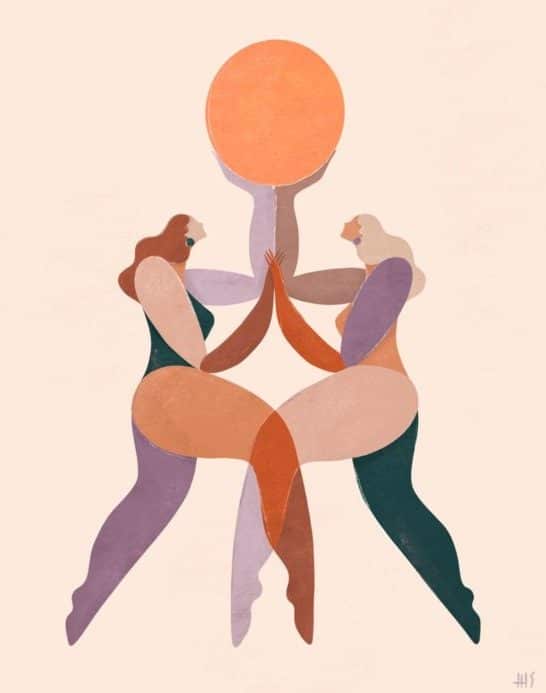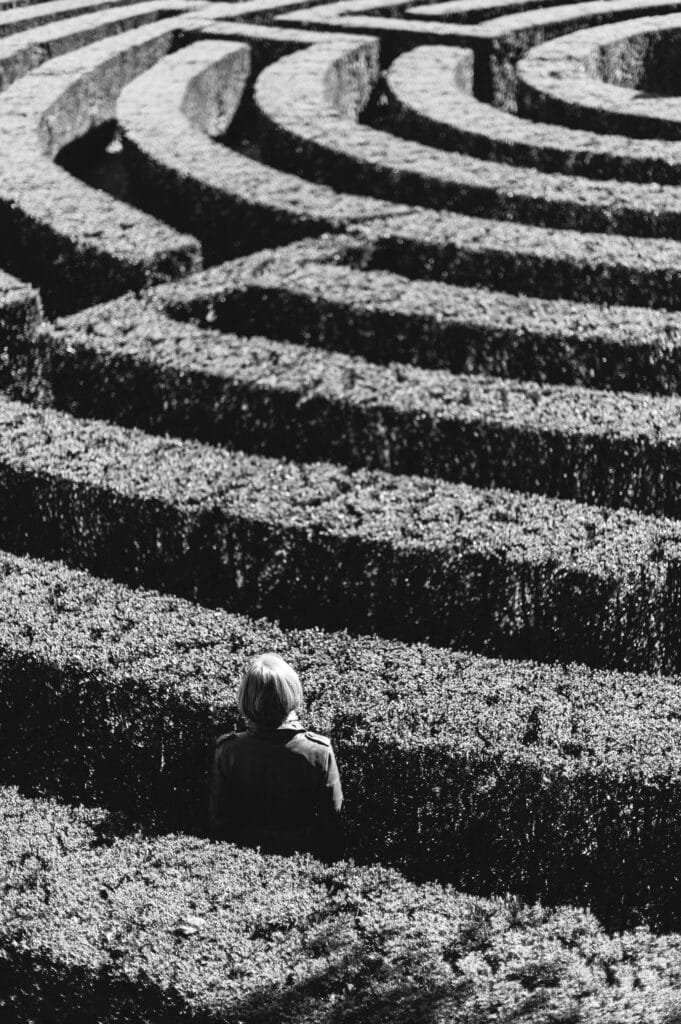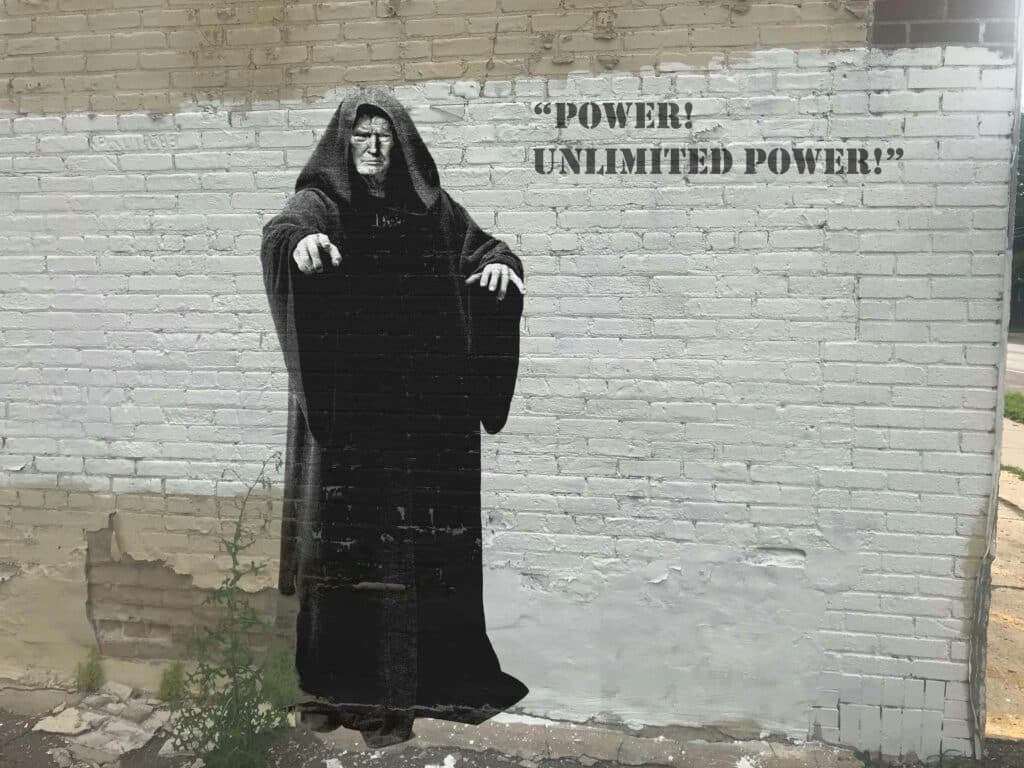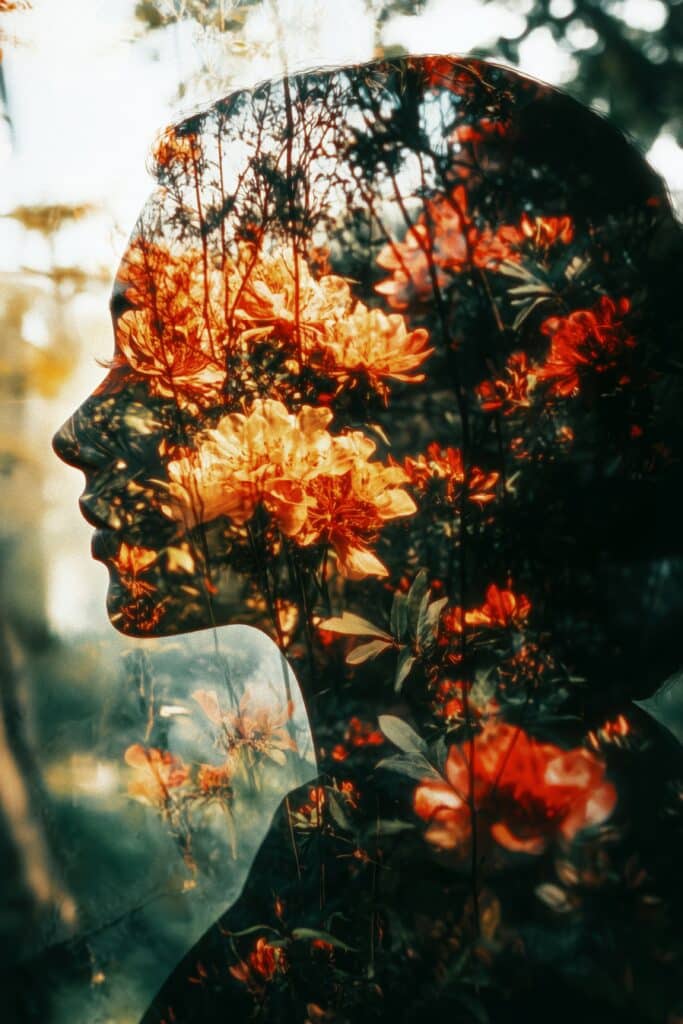Creating the New “Mother Line:” Birthing a World that Values Women

Years ago, I came across an incredible book that was published in 1980 called “Among Women” by Louise Bernikow. It is filled with insightful and inspiring essays about women, exploring the ways that women love each other as mothers, daughters, lovers, and friends. It examines how we have suffered and struggled as well as how we have survived and thrived throughout time.
Through reading the essays, an overall theme emerges: that in the traditional paradigm of the patriarchy, connections between women have been riddled with pain. Pain that has seemed to be an inextricable part of the female connection, especially between mothers & daughters, that foundational relationship of inescapable significance. Pain is almost synonymous with the mother/daughter bond. Both on a physical level, whether it was through bound feet, tight curlers, straightened hair or endless diets. And on a psychological level, whether it was through criticism, slaps, taunts, cold withholding or jealousy.
Underlying these painful elements has been an invisible fact: The only way women have traditionally been able to gain freedom or power was through a historically scarce and necessary survival tool: the approval of men.
And therein lies the setup for competition, for vindictiveness and the sense of powerlessness and scarcity that has long underpinned relationships between women; whether it’s between mothers and daughters, between sisters, co-workers, neighbors, or friends. We learned these strategies from our mothers, grandmothers, and great-grandmothers. And it was reinforced in the culture around us. The effects of this sense of enmeshment, abandonment, competition, and scarcity are still felt in our daily lives today.
Contrast that with what Louise Bernikow describes as a way that women have historically become powerful outside the world of men;
That is through the power of women helping each other, particularly through a shared commitment to authentic self-development.
As we women heal, the greater access we have to our own wisdom and to the amazing resources within each other. We are building bonds now that are starting to transform the wider culture.
The more healing I have done on myself, the more powerful and enduring my connections with women have become and the more aspects of my own womanhood I’m discovering. I’ve also been connecting with an ever-growing number of conscious men who value the feminine.
Embracing the various forms of love between women is embracing the love of oneself as a woman. They go hand in hand.
Whatever ways we reactively withhold from each other are exactly the ways in which we withhold from ourselves. The sister wound, the friend wound, the lover wound, the repeating patterns of betrayal between women all spring from that first place we learned how to abandon ourselves through the Mother Wound.
We stand on a powerful precipice at this transformational time in history, to make bold moves that demonstrate loyalty to the truth within—and to support other women in that bold quest.
When I recently opened Bernikow’s book, a forgotten purchase from a used book store, it had that divine, musty smell of long un-opened pages and a binding that was falling apart. And the more essays that I read, the more it began to feel like a kind of sacred text. Two essays, in particular, stand out. One was about a unique culture of women in Paris in the 1920s. Women from France, America, and England flocked to Paris to focus on creative pursuits like writing and art. Women lived alone and with each other, opening book stores, holding salons in their homes and creating a vibrant cultural life that shaped France in the early part of the nineteenth century. These women included Sylvia Beach, Gertrude Stein, Collette, and Hilda Doolittle (HD) among others. This community of creative women was unique in that they had the time, money and energy to be deeply loyal to their self-expression and to live freely with less need for male approval to legitimize them. These women were deeply respected by their male counterparts that included James Joyce, Picasso, Ernest Hemingway, and James Baldwin.
The other essay in the book that stood out was about the story of Cinderella, a story of female wounding. In that essay, Berkinow explains how the original Grimm fairy tale was later corrupted by a French author who embellished it with more of a male gaze and deepened the narrative of an isolated Cinderella who took no action on her own behalf, remaining powerless against the bullying of the step-mother and step-sisters. In the original Grimm tale, however, the story was quite different. Cinderella’s mother had died and as Cinderella wept at her mother’s grave, her tears attracted a white dove in a tree that guided her forward. Berkinow puts it so eloquently that in the Grimm version of the tale, Cinderella discovered the “profound mourning that leads to regeneration.” This is precisely the re-generative mourning that I lead women through in my work on healing the Mother Wound. Coincidentally, I remembered while reading this essay that the Grimm Brothers are actually my distant ancestors.
On the precipice: Birthing a world that values authentic women
It is truly one of the hardest things on the path of being an awakening woman—to accept that some people in your life will perceive your evolving path of growth as threatening in some way, causing a rift and possibly a break in the relationship. Even some of the closest, dearest people in your life, including family members and old friends may react with hostility to your new choices and evolving outlooks.
Some will interpret your growth as…
- a personal rejection or attack on them
- some kind of pathology (something wrong with you)
- something to mock and judge in you
- an abandonment of them
Some may react with hostility, manipulation, and judgment. In such situations, it’s important to remember that their negative reaction to your growth and evolution is an impersonal trigger of their own unhealed wounds.
As women we tend to want to explain, persuade or convince people that we are not abandoning or rejecting them as we grow, in fact, we often want to bring them along with us. This tendency to want to persuade others can be a huge energy leak on our path. It’s very important to know when explaining is empowering and when it is a form of giving your power away.
The truth is that some people are not ready to grow along with us and sometimes we are left with no choice but to move forward without them. Find the support of conscious women and men around you who “get it.” Turn to them for support, stay loyal to yourself and make time to do the “profound mourning that leads to regeneration.”
Art credits: Soul Sisters Mini Art Print by Maggie Stephenson




